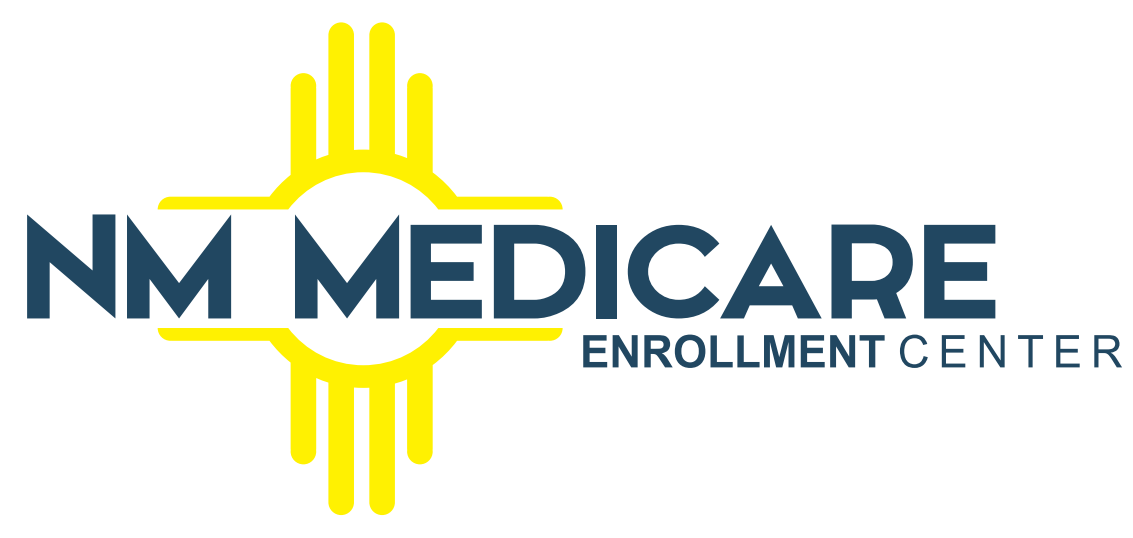Navigating the complex world of healthcare can be daunting, especially when dealing with something as serious as cancer. One of the biggest questions many people have is, “Does Medicare cover cancer treatment?” If you’re asking this question, you’re not alone. Let’s dive deep into the options and benefits available through Medicare to help you understand what you can expect and how to make the most of your coverage.
Introduction to Medicare and Cancer Treatment
Medicare is a federal health insurance program primarily for people aged 65 and older, but it also covers certain younger people with disabilities and those with End-Stage Renal Disease. When it comes to cancer treatment, understanding what Medicare covers is crucial to ensure you or your loved ones receive the necessary care without financial stress.
The Basics of Medicare Coverage
What is Medicare?
Medicare consists of different parts, each designed to cover specific healthcare needs. These include:
- Medicare Part A (Hospital Insurance)
- Medicare Part B (Medical Insurance)
- Medicare Part C (Medicare Advantage Plans)
- Medicare Part D (Prescription Drug Coverage)
Eligibility for Medicare
To be eligible for Medicare, you typically need to be 65 or older, or you must qualify due to a disability or specific medical condition.
Medicare Part A and Cancer Treatment
Inpatient Hospital Stays
Medicare Part A covers inpatient hospital stays, which include:
- Hospital care
- Skilled nursing facility care
- Hospice care
- Some home health care
If you’re hospitalized for cancer treatment, Medicare Part A will cover the cost of your stay, including:
- Semi-private rooms
- Meals
- General nursing
- Drugs as part of your inpatient treatment
Hospice Care
If cancer progresses to the point where a cure is no longer an option, Medicare Part A covers hospice care, which includes:
- Pain management
- Symptom control
- Support services for both the patient and their family
Medicare Part B and Cancer Treatment
Outpatient Services
Medicare Part B covers outpatient services, which are crucial for cancer patients who require ongoing treatment but do not need to be admitted to the hospital. These services include:
- Doctor visits
- Outpatient surgery
- Chemotherapy administered in a doctor’s office or clinic
- Radiation therapy
- Diagnostic tests like X-rays and lab work
Preventive Services
Medicare Part B also offers preventive services to help detect cancer early, including:
- Screenings for breast, cervical, colorectal, and prostate cancers
- Mammograms
- Pap smears
- Colonoscopies
Medicare Part C (Medicare Advantage) and Cancer Treatment
Medicare Advantage Plans (Part C) are offered by private insurance companies approved by Medicare. These plans must cover everything that Original Medicare (Part A and Part B) covers, but they often include additional benefits.
Additional Benefits of Medicare Advantage Plans
Many Medicare Advantage Plans offer extra coverage that can be beneficial for cancer patients, such as:
- Vision and dental care
- Wellness programs
- Prescription drug coverage
Medicare Part D and Cancer Treatment
Prescription Drug Coverage
Medicare Part D covers prescription drugs, which are essential for many cancer patients. This includes:
- Oral chemotherapy drugs
- Anti-nausea medication
- Pain relief medication
Choosing the Right Part D Plan
When selecting a Part D plan, it’s important to consider:
- The list of covered medications (formulary)
- Monthly premiums
- Out-of-pocket costs
Medigap (Medicare Supplement Insurance)
What is Medigap?
Medigap policies are supplemental insurance plans that help pay for some of the healthcare costs not covered by Original Medicare, such as:
- Copayments
- Coinsurance
- Deductibles
Benefits of Medigap for Cancer Patients
For cancer patients, Medigap can help reduce out-of-pocket expenses, making it easier to manage the costs associated with ongoing treatment.
Financial Assistance and Resources
Non-Medicare Financial Assistance
In addition to Medicare, there are other resources available to help with the cost of cancer treatment, including:
- Nonprofit organizations
- State assistance programs
- Pharmaceutical assistance programs
Navigating Financial Aid
It’s important to explore all available resources to ensure you’re getting the financial support you need during this challenging time.
Steps to Take When Diagnosed with Cancer
Understanding Your Diagnosis
The first step is to fully understand your diagnosis and the treatment options available. This involves discussing your condition with your healthcare provider and asking detailed questions.
Reviewing Your Medicare Coverage
Review your current Medicare coverage to understand what is and isn’t covered. This will help you plan for any out-of-pocket expenses and identify any gaps in coverage that may need to be filled with supplemental insurance.
Consulting with a Medicare Specialist
Consider consulting with a Medicare specialist who can provide personalized advice and help you navigate your options. This can be particularly helpful if you’re considering switching to a Medicare Advantage Plan or adding a Medigap policy.
Tips for Managing Cancer Treatment Costs
Keeping Track of Medical Expenses
Maintain a detailed record of all medical expenses, including bills, receipts, and insurance statements. This will help you stay organized and ensure you’re aware of all costs involved.
Seeking Out Financial Aid
Look for financial aid programs that can help cover the cost of treatment. Many organizations offer grants, scholarships, and other forms of financial assistance specifically for cancer patients.
Discussing Costs with Your Healthcare Provider
Don’t hesitate to discuss the cost of treatment with your healthcare provider. They may be able to recommend lower-cost alternatives or connect you with financial assistance programs.

Conclusion
Navigating cancer treatment is challenging enough without the added stress of understanding Medicare coverage. By familiarizing yourself with the different parts of Medicare and the additional resources available, you can better manage your healthcare journey and focus on what matters most – your health. Remember, there are options and support systems in place to help you every step of the way.
At New Mexico Medicare Plan Advisor, we can help you find a plan that suits your needs. If you have any questions or need assistance, don’t hesitate to reach out and talk to our knowledgeable agents. We’re here to guide you through the process and ensure you get the best possible coverage.
FAQs
Does Medicare cover all types of cancer treatment?
Medicare covers most cancer treatments, including chemotherapy, radiation, and surgery. However, coverage specifics can vary, so it’s important to review your plan details.
Will Medicare cover second opinions for cancer treatment?
Yes, Medicare Part B typically covers second opinions for medically necessary procedures, including cancer treatment.
Are clinical trials for cancer covered by Medicare?
Medicare often covers routine costs associated with approved clinical trials. However, it’s important to check with your Medicare plan and the clinical trial provider for specific coverage details.
Can I switch my Medicare plan if I’m diagnosed with cancer?
Yes, you can switch your Medicare plan during the annual Open Enrollment Period or if you qualify for a Special Enrollment Period due to specific circumstances.
What if my medication isn’t covered under Medicare Part D?
If your medication isn’t covered, you can request an exception, switch to a different Part D plan during Open Enrollment, or seek financial assistance from pharmaceutical programs.



